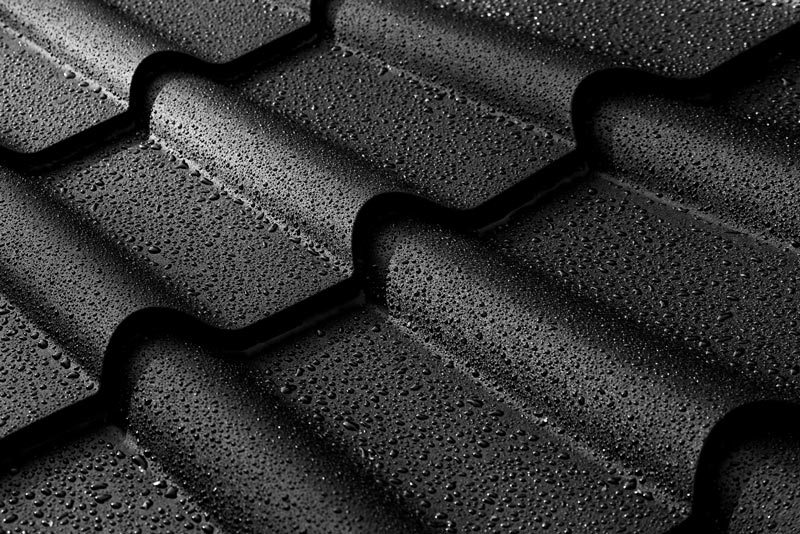Denver’s climate, marked by its cold, snowy winters and sunny summers, can greatly impact the lifespan and performance of your roof. As a homeowner, it’s essential to understand how these weather patterns affect your roofing materials, and what you can do to ensure your roof remains in the best condition possible.
Denver is known for its heavy snowfall during winter months. The weight of accumulated snow can strain your roof, particularly if it’s not structurally designed to handle such loads. Moreover, the freeze-thaw cycle can lead to ice dams, which can cause leaks and structural damage if not promptly addressed.
In contrast, Denver’s summers can be hot and sunny, which brings a different set of challenges. Prolonged exposure to UV rays can cause roofing materials to degrade over time, leading to issues like cracked or warped shingles. This UV damage can make your roof more susceptible to leaks, and can also negatively affect the aesthetic appeal of your home.
Choosing the right roofing materials is critical in Denver’s climate. Some materials, such as metal or slate, are particularly resistant to both heavy snow and UV radiation, making them popular choices for Denver homes. Alternatively, asphalt shingles, while less durable, are cost-effective and can still provide good protection if properly maintained.
Maintenance and regular inspections are key to prolonging the life of your roof in Denver’s challenging climate. By promptly addressing any signs of damage, such as missing shingles or water stains on your ceiling, you can prevent small issues from escalating into larger, costlier problems.
In the next section, we’ll delve deeper into the various roofing options available and their pros and cons in the context of Denver’s climate…


